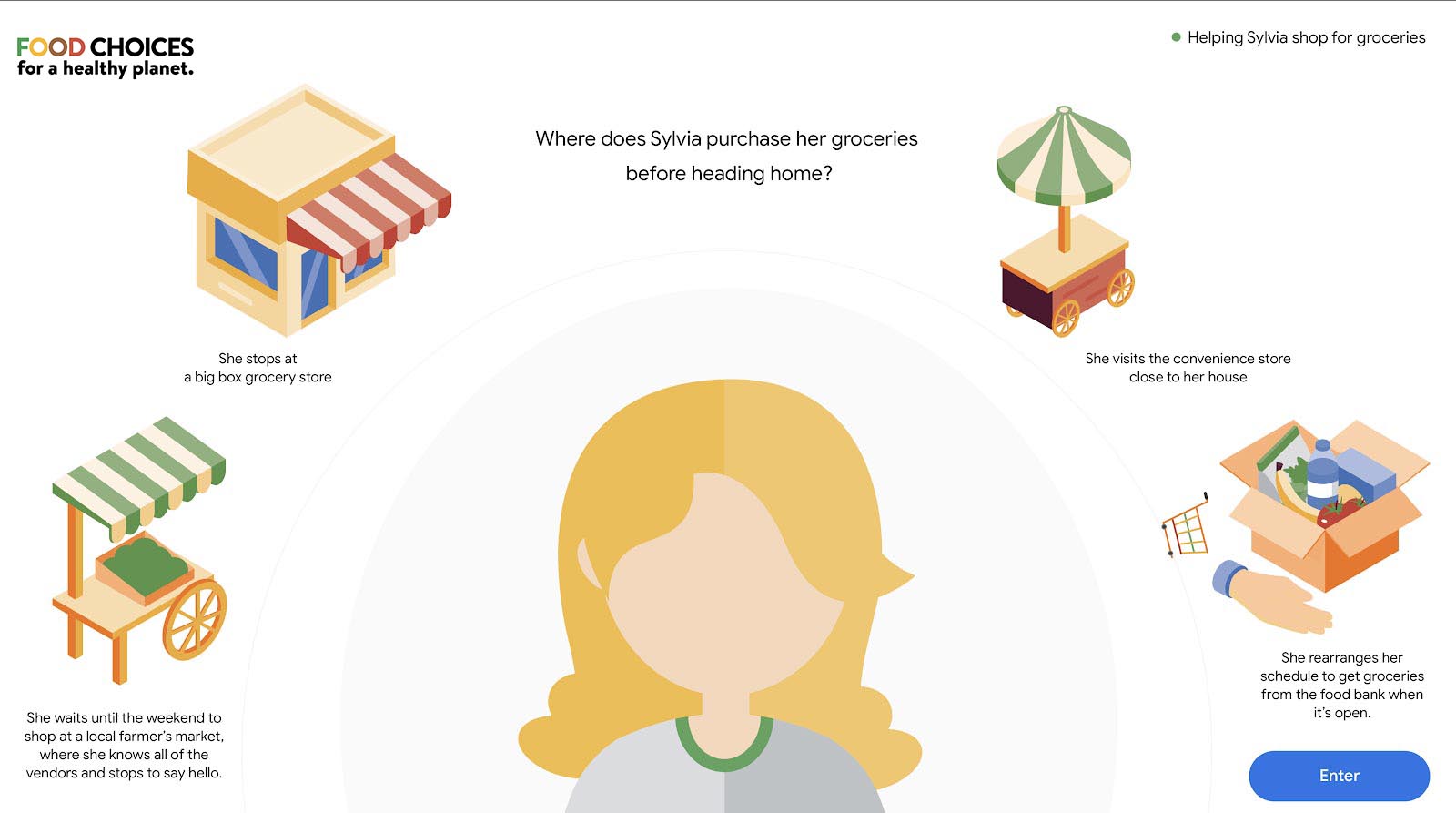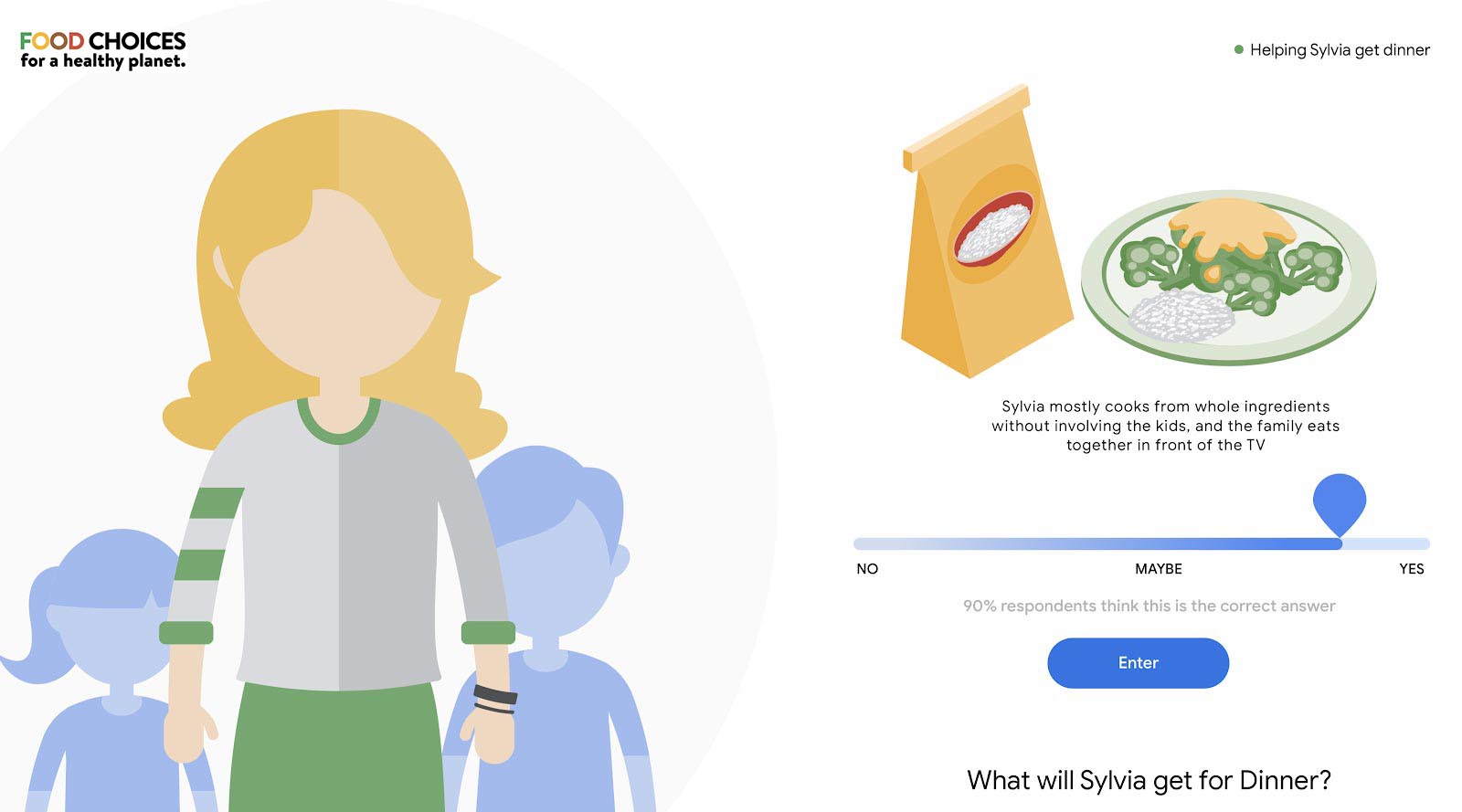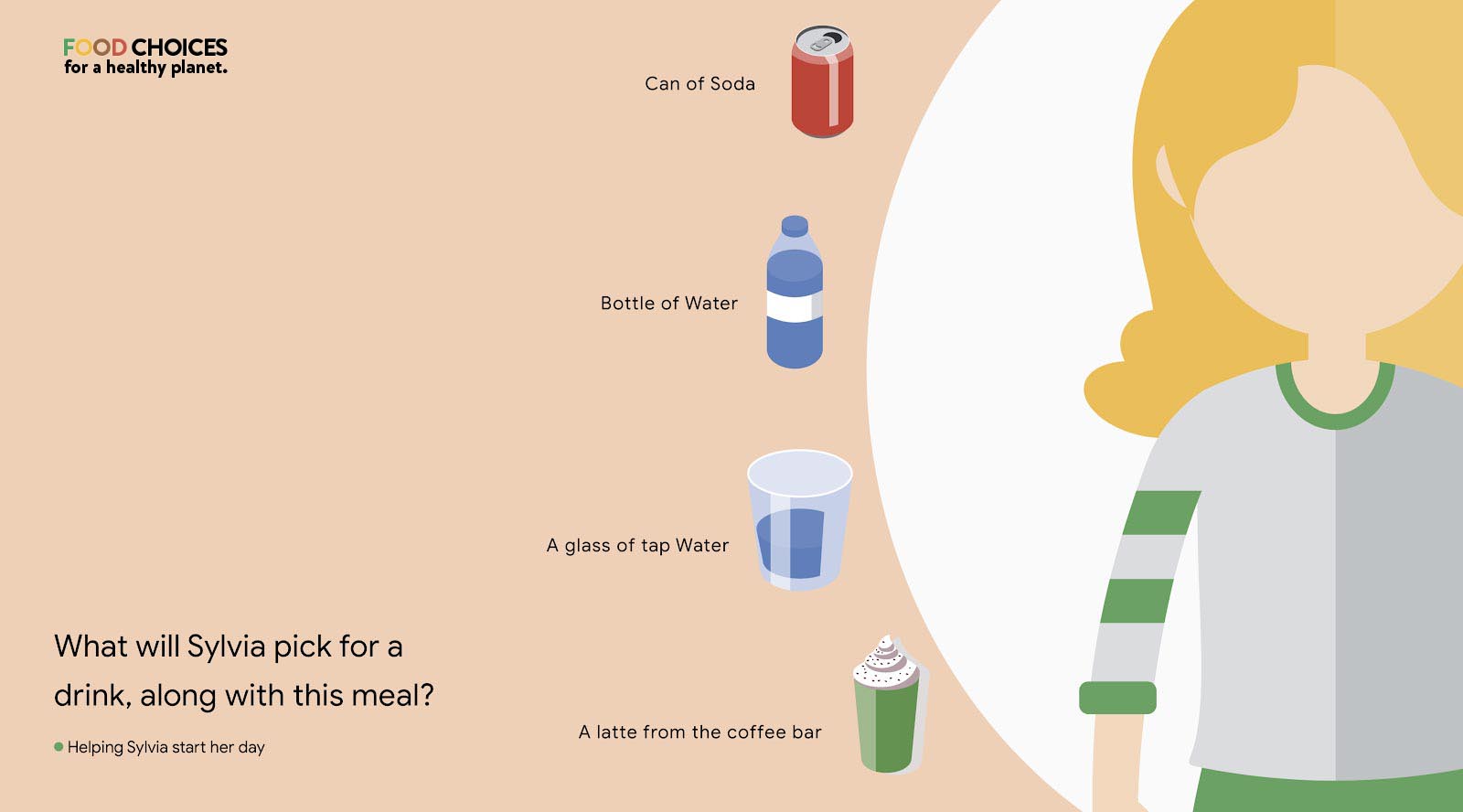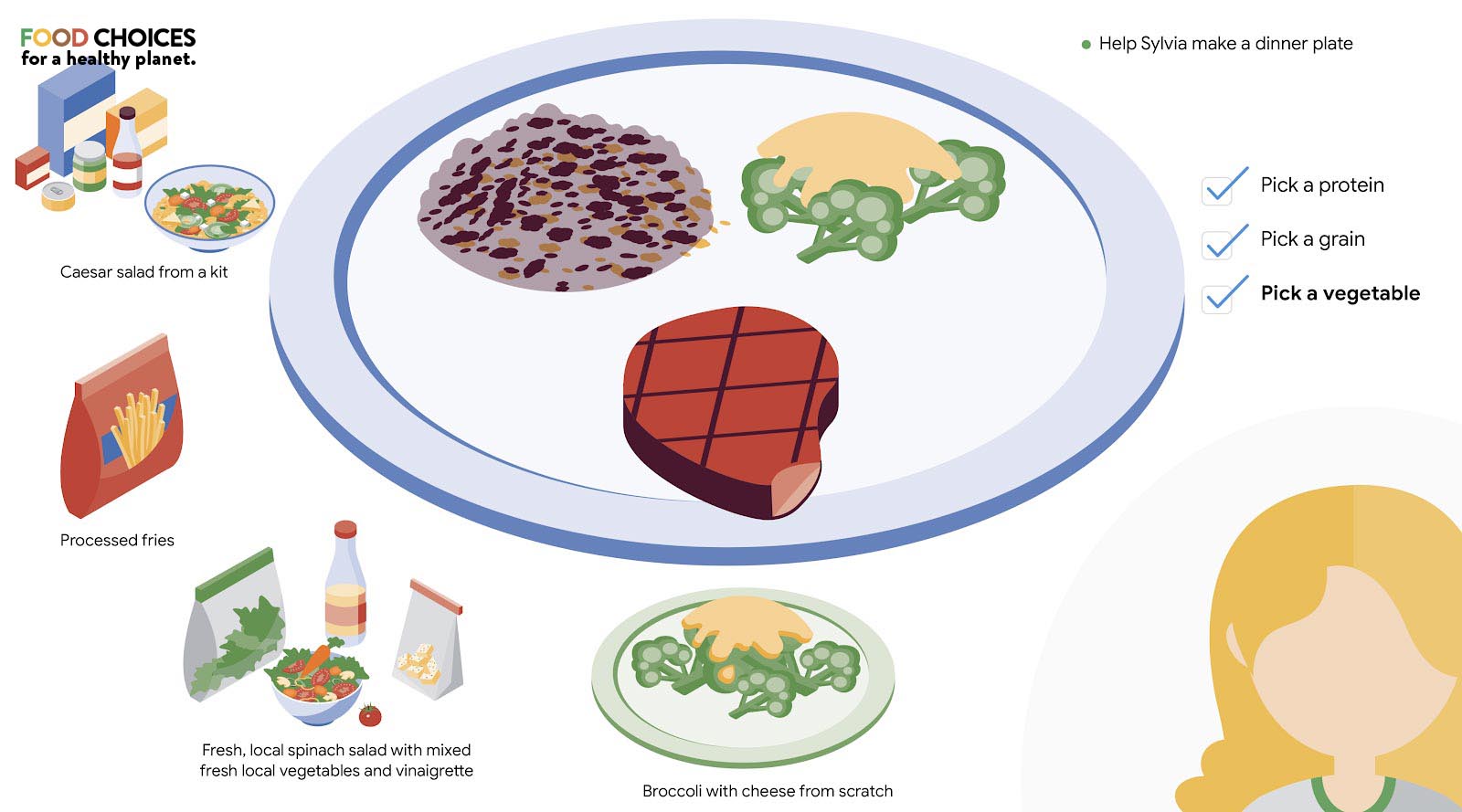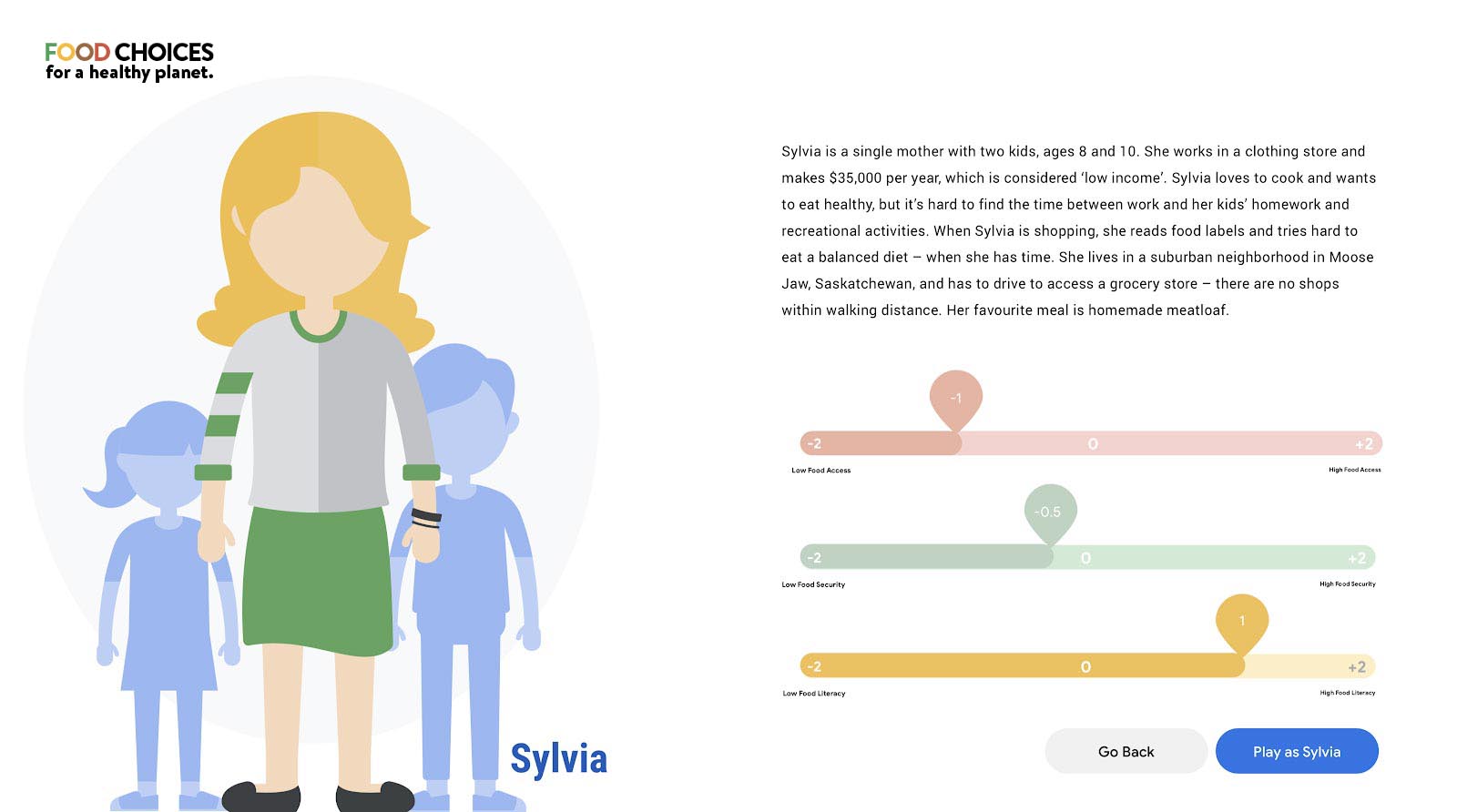Dr Sandro Demaio is a medical doctor and globally-renowned public health expert and advocate.
Sandro previously worked for the World Health Organization and was CEO of the EAT Foundation. He also co-founded the NCDFREE global social movement and established a not-for-profit foundation to improve the health and nutrition of Australian kids.
Sandro has published many scientific journal articles and is author of the Doctor’s Diet cookbook. He also co-hosts the ABC television and Netflix show Ask the Doctor.
